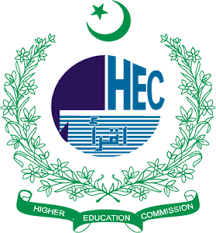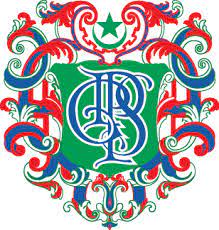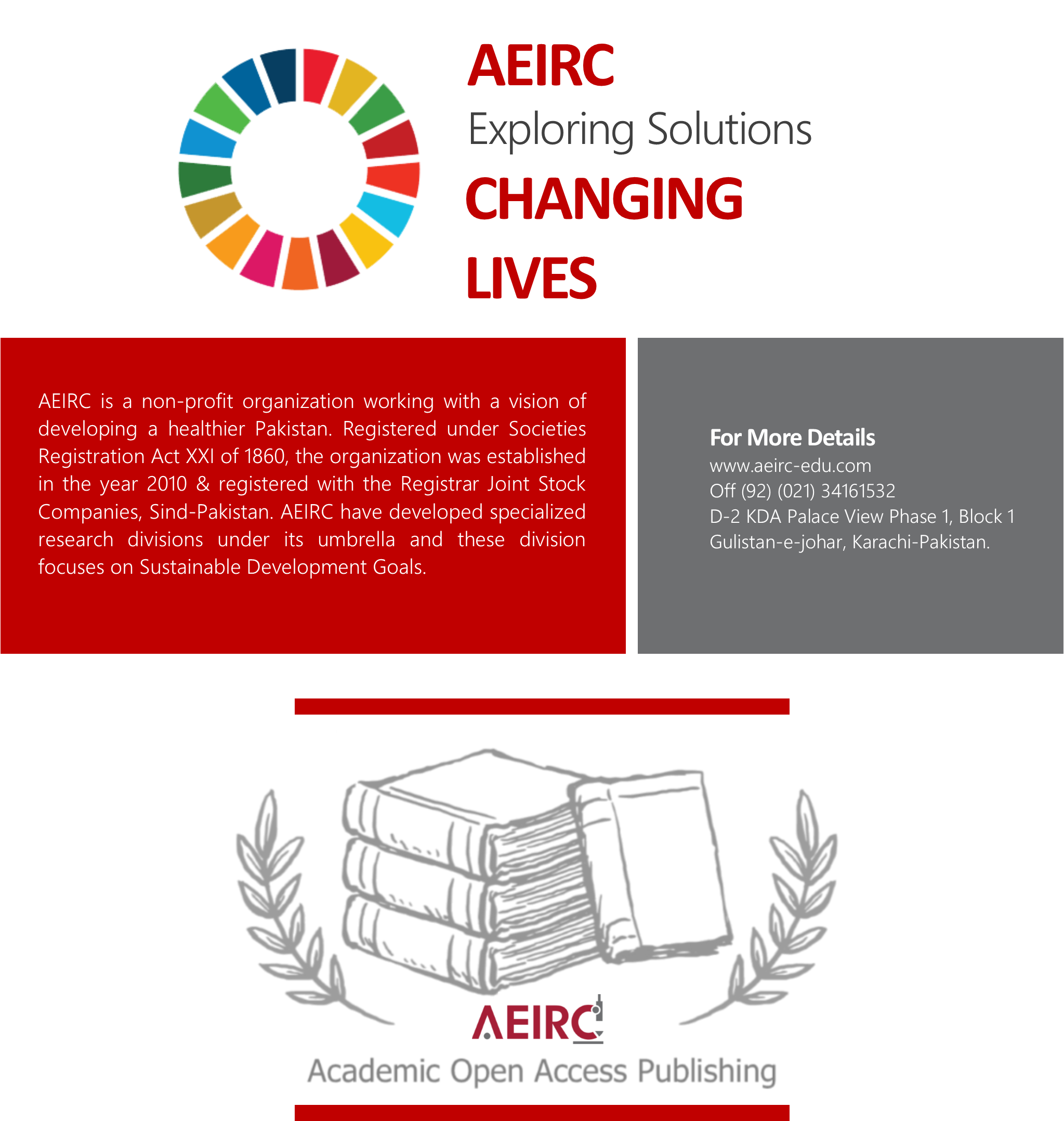Combining Health Calendars and Cash: Building Formal Financial and Health Numeracy Among Poor Women in Northern Pakistan: Baseline Survey Findings.
DOI:
https://doi.org/10.29052/2413-4252.v9.i1.2023.4-15Keywords:
Gender equality, women empowerment, financial numeracy, health numeracy, Northern Pakistan.Abstract
Background: The financial inclusion of women in Pakistan is very low compared to other low- and middle-income countries. Gender inequality is very prevalent in many rural areas of Pakistan such as the district of Kharmang in Gilgit-Baltistan and Chitral (GBC), one of Pakistan’s five provinces.
Methodology: A cross-sectional survey was conducted among a random sample of 162 women from community-based savings group (CBSG) residing in Kharmang district of GBC. The study used the financial and health numeracy survey tool to test participants’ financial and health numeracy skills. Descriptive analysis, bivariate analysis, chi-square and Pearson test were conducted to determine the differences between the proportions.
Results: Majority of the women were married and had very little or no business experience. The survey was comprised by women CBSG members with a mean age of 34 years. Numeracy and literacy capabilities broadly overlapped, revealing distinctly different profiles. Majority of women who had some primary education and spent 3-4 years in school feared/avoided written calculation and acquired few numeracy skills as a result. Only 10% of the women reported that they were completely responsible for decisions related to child health, while 49% reported they had a major say in such decisions. The study showed no correlation between educational attainment and decision-making power among women.
Conclusion: Financial and health numeracy skills contribute to women’s empowerment and gender equality. It also contributes to an individual’s attitude and behaviour towards uptake of healthcare services and to improve maternal and child health outcomes.
Downloads
Published
How to Cite
Issue
Section
License
Copyright (c) 2023 The Author

This work is licensed under a Creative Commons Attribution 4.0 International License.








